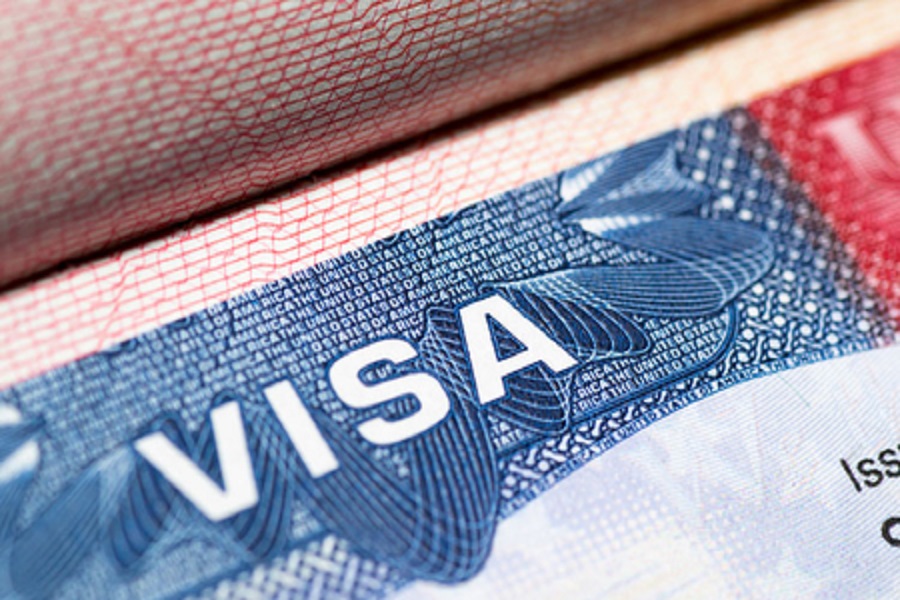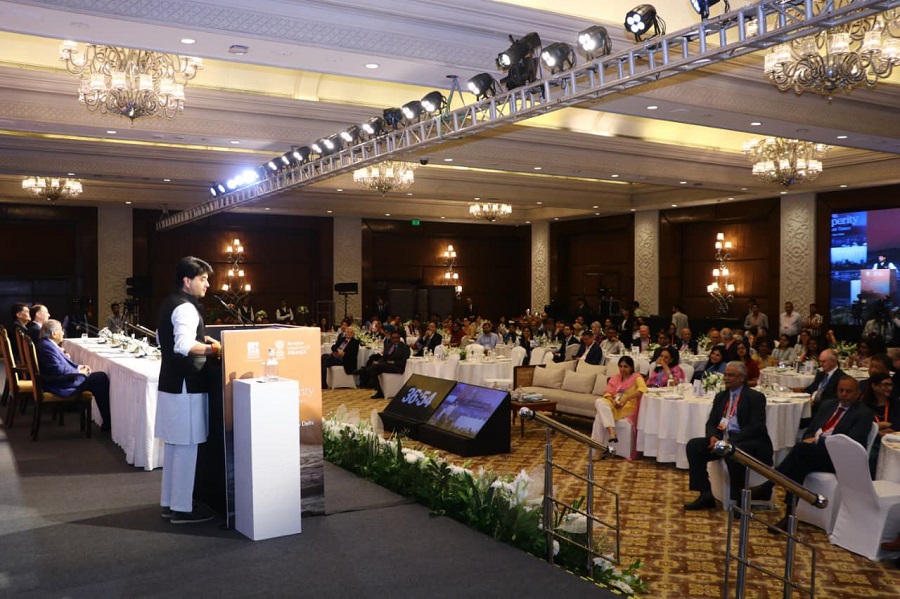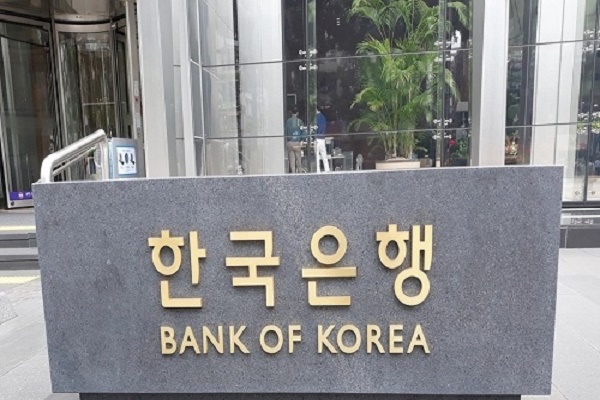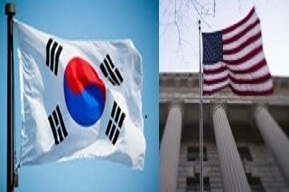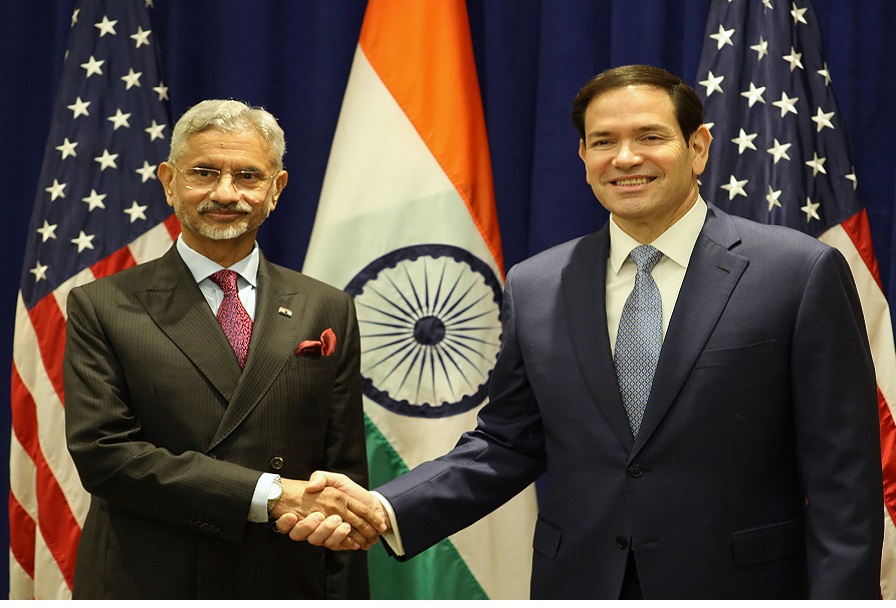Out of My Mind: Hope, Despair and Indifference by Lord Meghnad Desai, Elara Capital
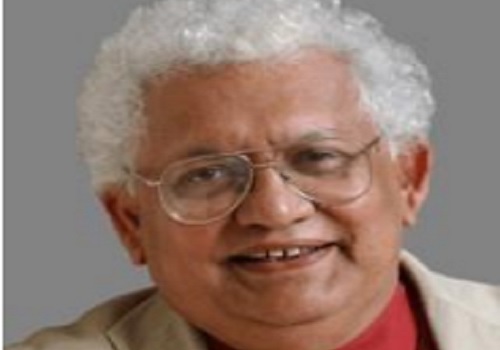
2024 is bound to be a historic year . It is, as I have mentioned before, a year of elections. In some countries, the choice of date is not free. The US will have its elections in November and, like it or not, to choose a President as well as members of Senate and the House. India will have its national elections soon, but the date will be Modi’s choice. The UK also will most probably have its chance by the end of the year, although Rishi Sunak is free to go until beginning of 2025. Pakistan just voted and the result seems to be much certain. Imran Khan has been disqualified and so the contest is between Nawaz Sharif and the young Bhutto, although the real winner is always the Army in case of Pakistan. As the anarchist slogan says whoever wins the Government is always in power. In Pakistan, it is the Army.
A real miracle has happened in Northern Ireland, a devolved region of the UK. This region has a parallel with India and Pakistan. Way back during the First World War, on Easter Day 1916, there was an Uprising in Ireland as the larger country is known. Ireland was then a colony of Great Britain. Majority of the population was Catholic while the ruling monarchy in London was Protestant. But in the northeast of Ireland, there were the Scottish and English settlers who were Protestants. Catholics were in a majority, but Protestants were the more powerful.
They were landlords while Catholics were their tenant farmers. Catholics were the poorer, but in the majority. There was a severe famine in the land, and many died while thousands migrated to the US. There was much bad blood between the English and Irish as a result. Although both Catholics and Protestants are Christians, over the centuries there has been antagonism between them. The Easter 1916 uprising by the Irish Catholics led to a civil war for Irish Independence. But the Protestant Irish did not want independence. They wanted to stay with the English in a Union.
The Civil War ended in the Catholic Provinces of Ireland becoming independent as the Republic of Ireland while the northeast province stayed English. Ireland was partitioned. This split happened in the 1920s. But the split was full of conflict and antagonism. The Catholics were a majority in their own Republic, but a minority in Ulster as the British province was called. Through the remaining 80 years of the Twentieth Century, the Catholics living in Ulster were treated badly, discriminated against, and were poorer The Irish Republican Army had secured independence from Britain but remained as an underground army in Ulster.
Through the remainder of the century, there were “troubles” in Ulster with Protestants having an upper hand. There was much violence in the British province separated from the Irish Republic. Then, in the 1990s with US mediation, there was a Treaty between Ulster, the UK and the Irish Republic with American mediation.
Rival parties of Catholics and Protestants agreed to share power in Ulster. Protestants dominated while Catholics were often the violent insurgents. But the Treaty created an arrangement for power-sharing. Bitter rivals decided to share power depending on parliamentary strength. By chance the Catholic party Sinn Fein secured a lead in terms of seats in the 2022 elections.
There was a stalemate as the power-sharing agreement broke down. But finally this month, the two sides agreed to share power with the Catholic party in the lead and formed a government with a Catholic as Chief Minister. Imagine India and Pakistan reuniting. The Talk in Ireland is of a possibility not immediately but perhaps in a near future of a United Ireland. Miracles can happen despite religious differences. All you need is democracy and good will.
Please refer disclaimer at Report
SEBI Registration number is INH000000933








